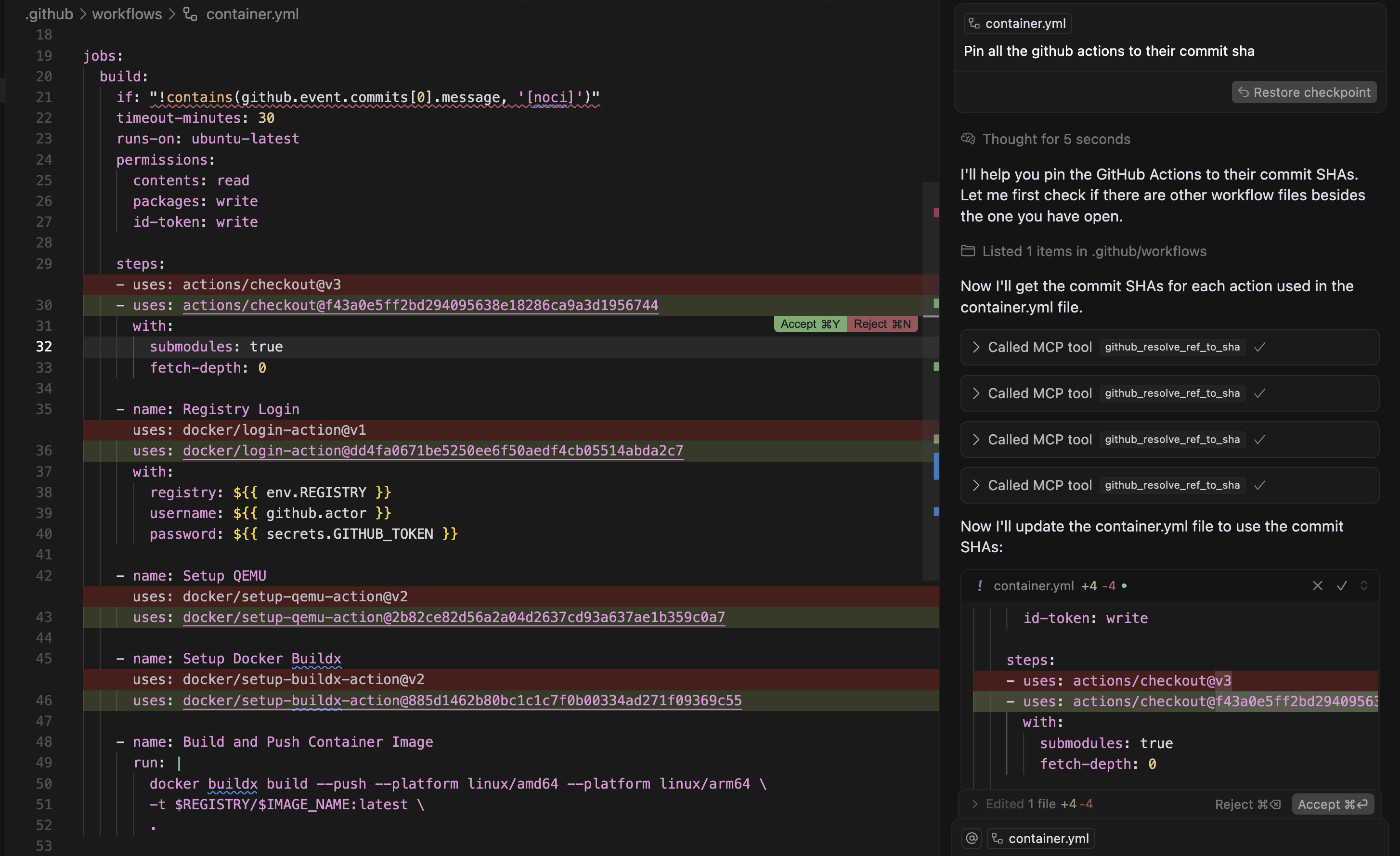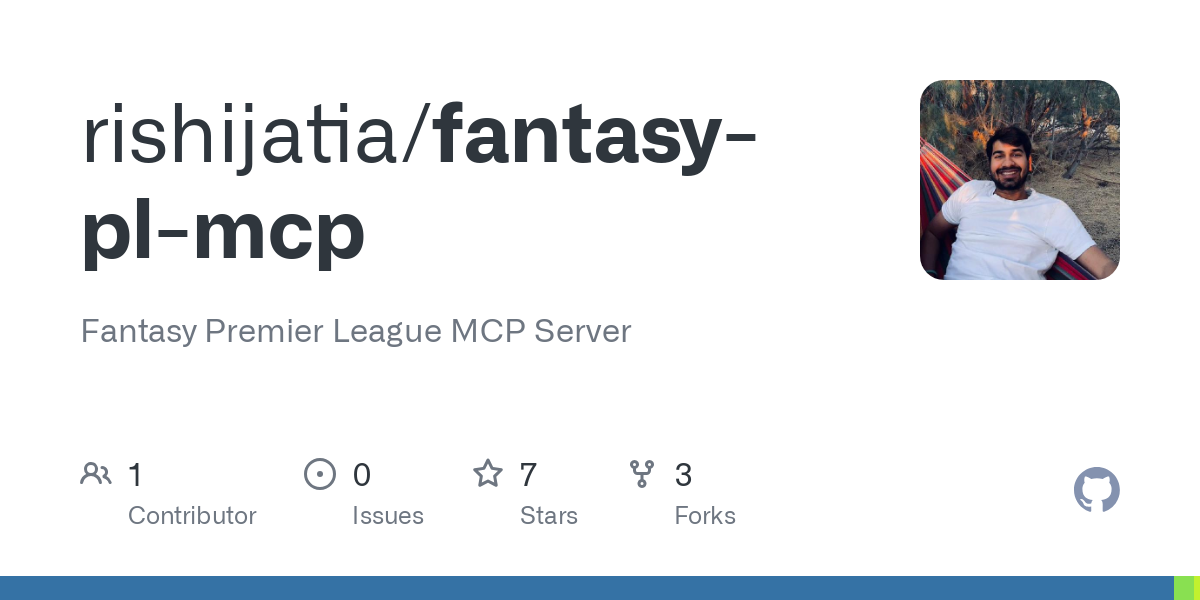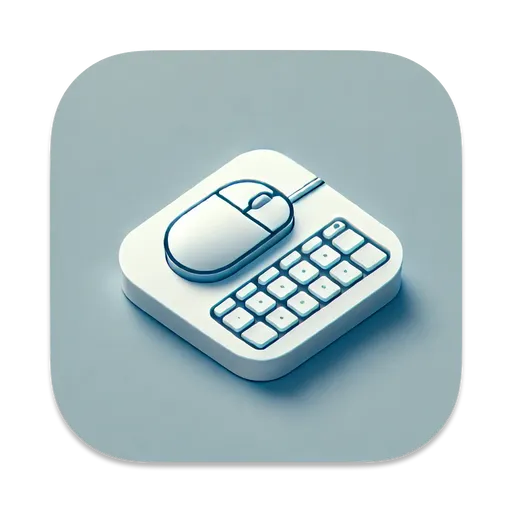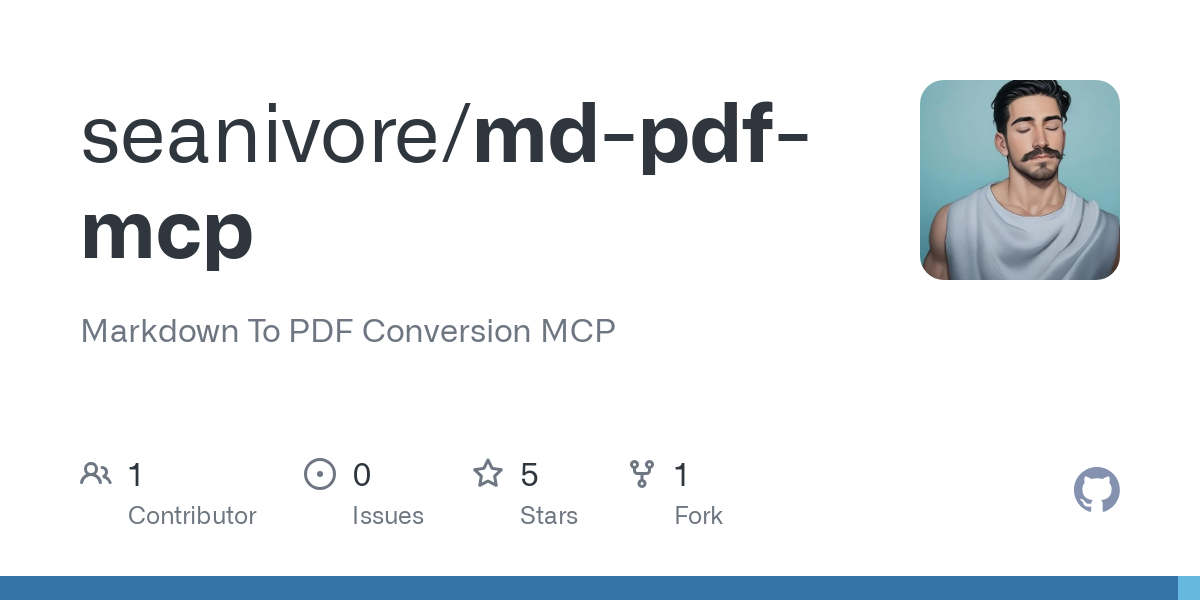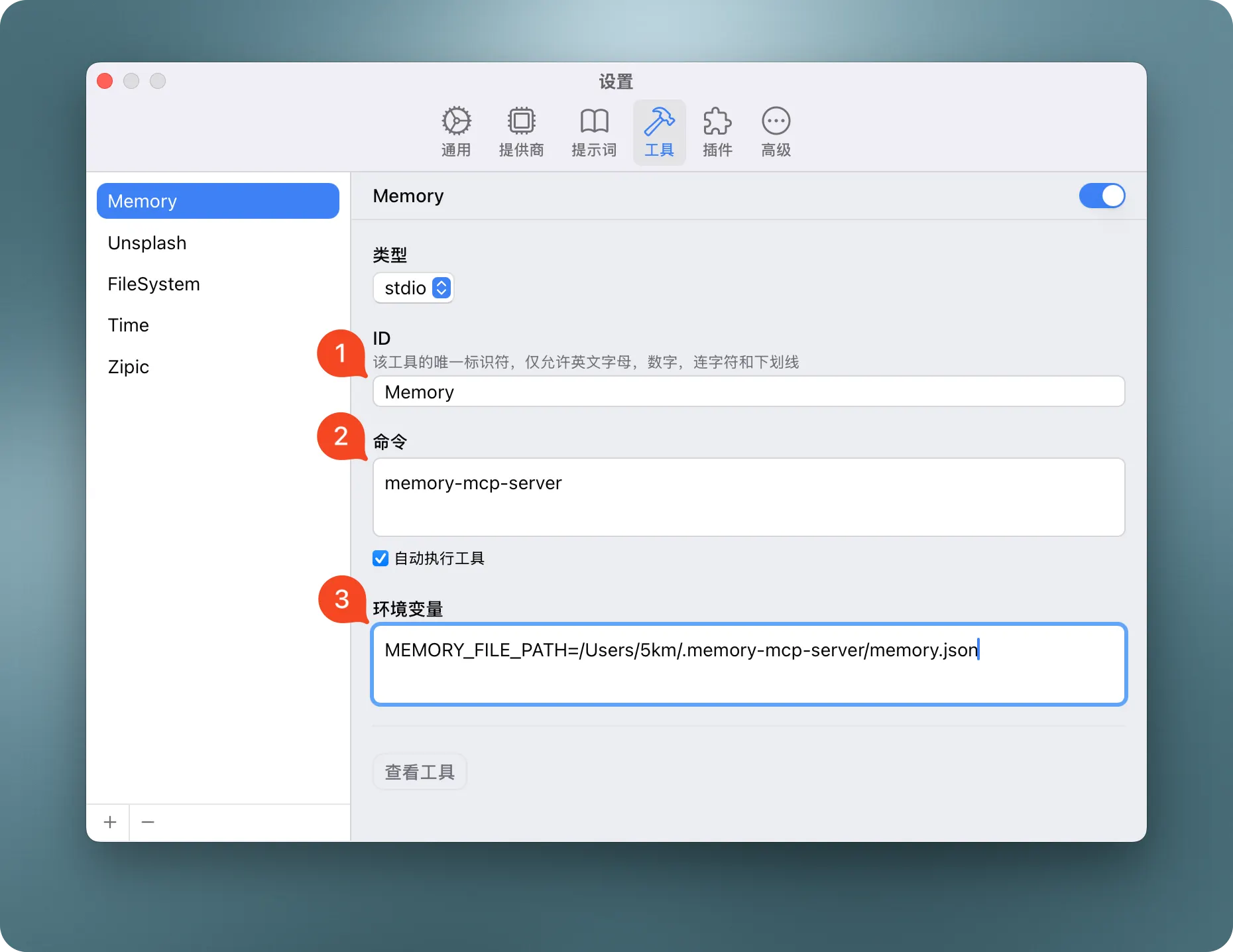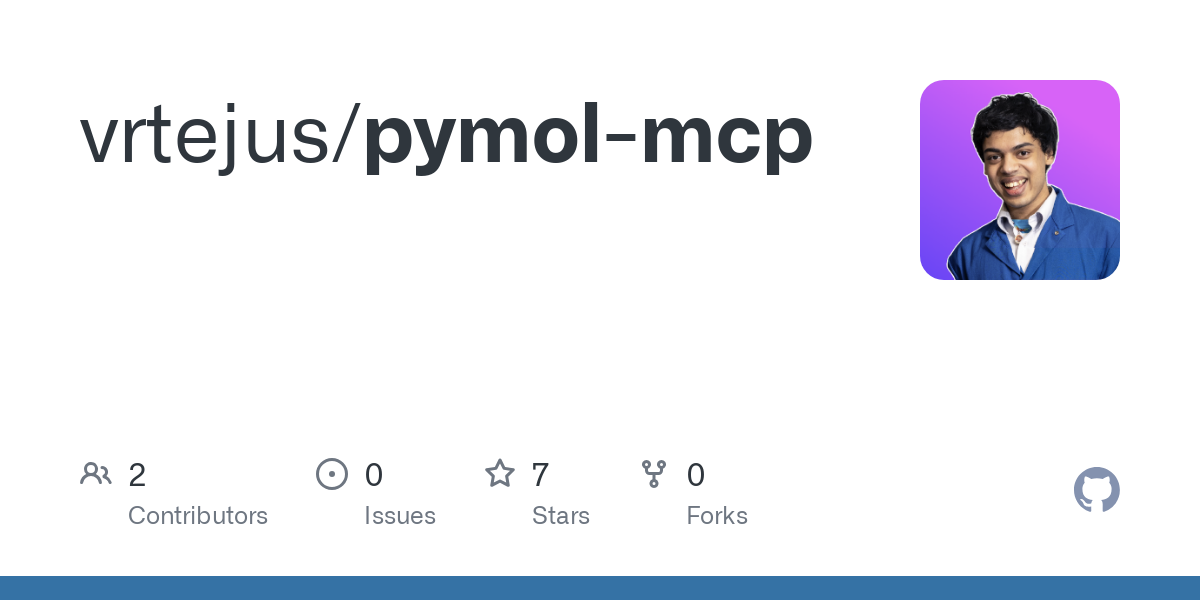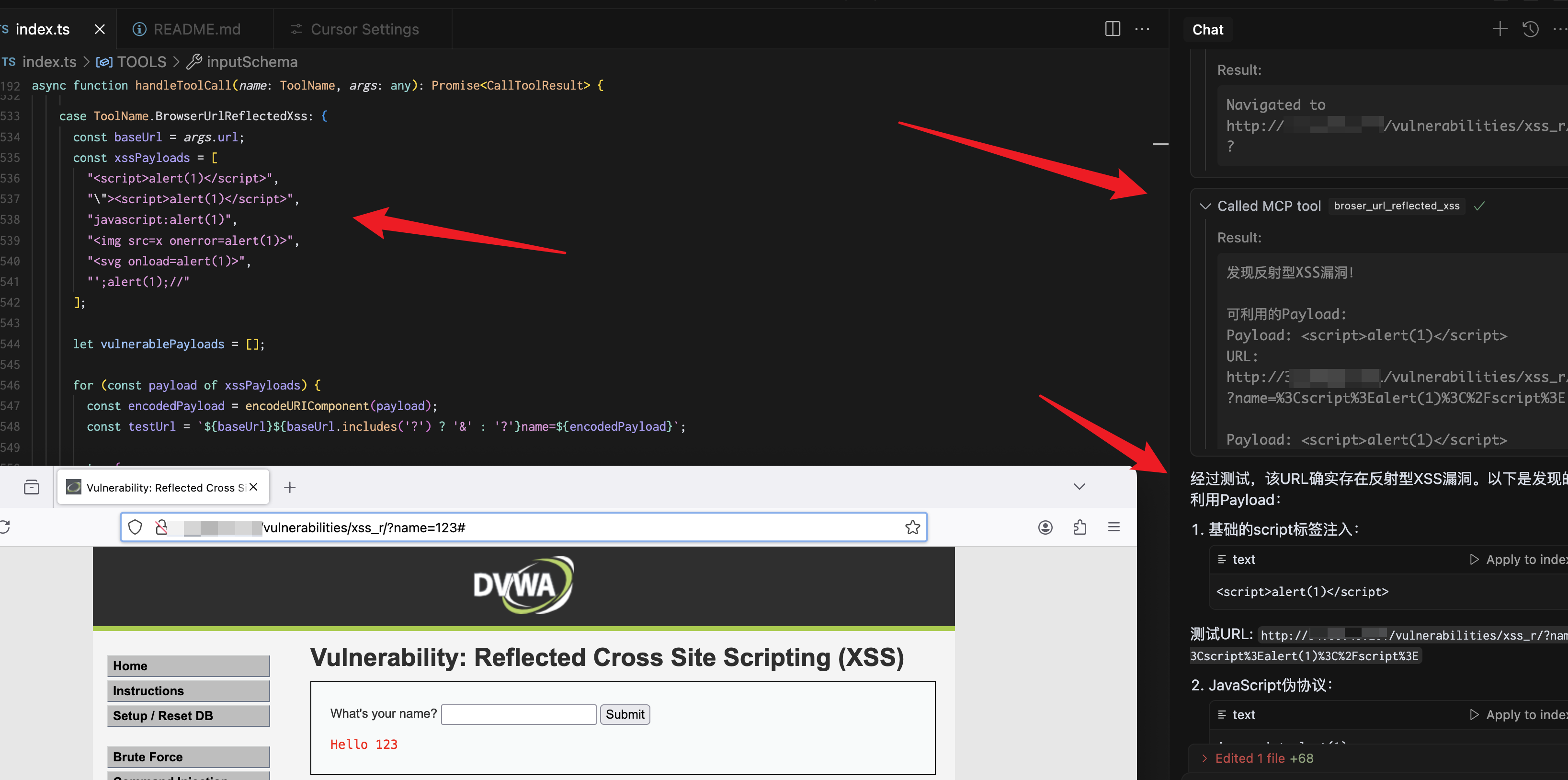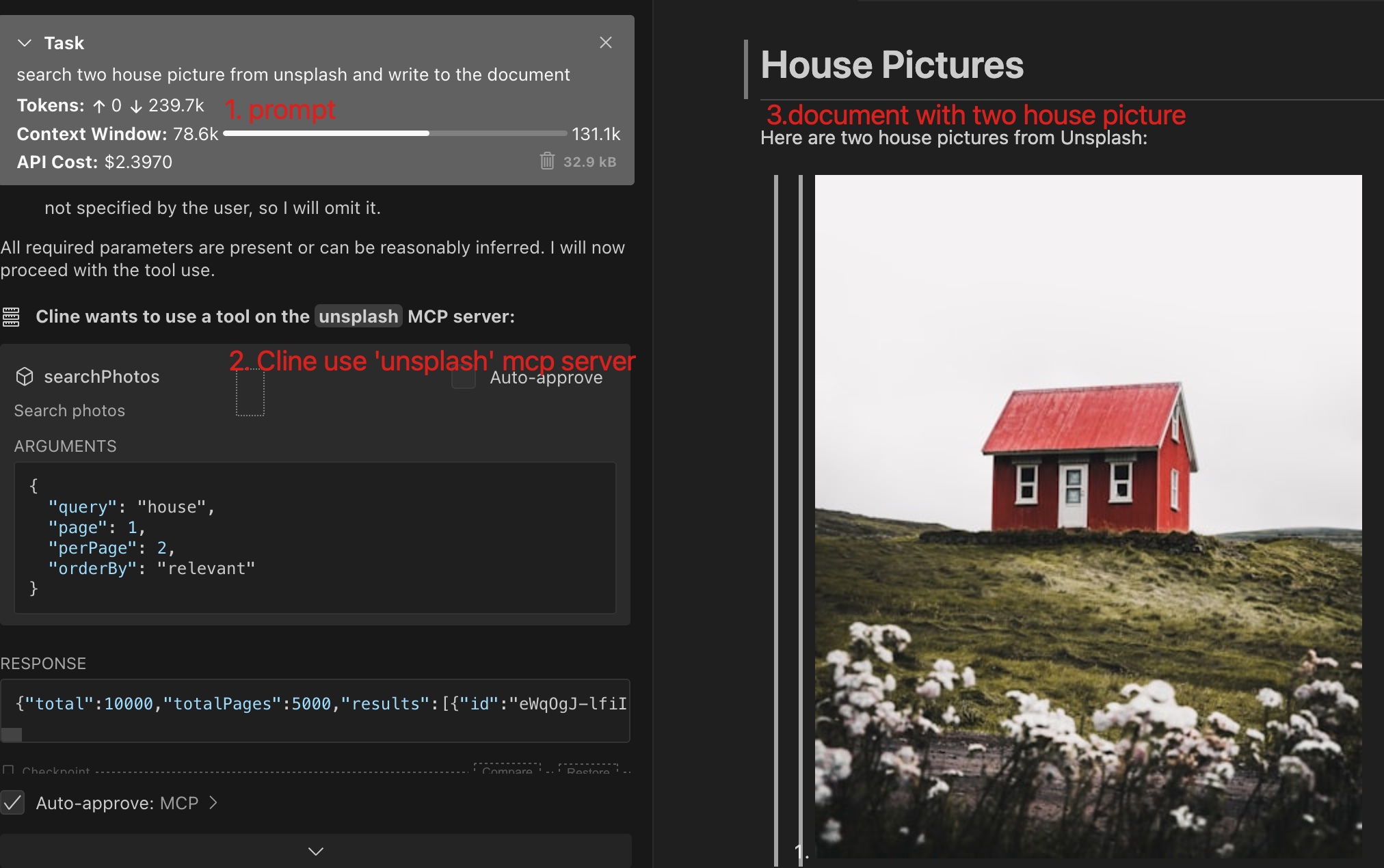All MCP Servers Complete list of MCP server implementations, sorted by stars
This project provides a PowerPoint automation server that integrates with Claude Desktop using the Model Control Protocol (MCP). It allows users to automate tasks in Microsoft PowerPoint, such as creating presentations, adding slides, modifying content, and more. The server leverages the PowerPoint COM API to provide a wide range of automation capabilities, making it a powerful tool for users who need to streamline their PowerPoint workflows.
The Coolify MCP Server is designed to integrate with Coolify instances, providing a range of management features such as teams, servers, services, applications, deployments, and private keys. It facilitates operations like starting, stopping, and restarting services, as well as tracking deployments and managing resources. This server is compatible with Coolify version 4.0.0-beta.397 and requires Node.js 18 or higher for installation.
The Pinner MCP Server is designed to ensure the immutability of 3rd party dependencies by pinning them to specific versions or digests. It supports various dependency types, including Docker base images and GitHub Actions. The server can be run as a container and integrates with tools like Cursor for seamless usage. It helps in maintaining security and consistency by preventing the use of mutable or potentially compromised dependencies.
The Playwright MCP server provides browser automation capabilities by leveraging Playwright's accessibility tree, allowing LLMs to interact with web pages without relying on screenshots or vision models. It supports features like web navigation, form-filling, and data extraction, and offers deterministic tool application for reliable interactions. The server is lightweight, LLM-friendly, and integrates seamlessly with tools like VS Code for enhanced development workflows.
MacPilot CLI is an open-source tool that allows Large Language Models (LLMs) to perform various operations on macOS systems through the Model Control Protocol (MCP). It provides a collection of system tools, such as executing shell commands, managing applications, and controlling the mouse cursor, enabling AI assistants to interact seamlessly with macOS environments. This tool is designed for macOS 14.0 (Sonoma) or later and requires specific permissions for full functionality.
This MCP server transforms Markdown files into beautifully styled PDFs by leveraging VS Code's markdown styling and Python's ReportLab library. It includes features for note storage, summarization, and integration with tools like Claude. The server is designed for developers looking to automate Markdown to PDF conversion with customizable styles.
This MCP server allows seamless integration of Figma design files with AI coding tools like Cursor, Windsurf, and Claude. It converts Figma design data into a format that AI models can easily understand, enabling more accurate and context-aware code generation. The server supports fetching layout and style information, downloading images and icons, and optimizing context for AI responses.
This project provides a simple example of how to control Unity using a TypeScript-based MCP server. It includes a Unity sample project and a server implementation, allowing developers to build and configure custom tools. The project is designed to minimize version-related issues and supports integration with Claude Desktop for MCP server management.
Light MCP Agents is a composable framework designed to create hierarchical AI agent systems. It allows specialized agents to delegate tasks, share capabilities, and collaborate to solve complex problems. The framework is configuration-driven, enabling the quick setup of sophisticated agent networks without extensive coding. It supports multi-agent workflows and integrates with external tools and servers, making it ideal for AI-driven research and task automation.
This MCP server enables AI assistants to access and manipulate time-related data, including current time queries, timezone conversions, and daylight saving time information. Built using the MCP Swift SDK, it integrates seamlessly with tools like Claude, Cursor, and ChatWise, making it ideal for international meeting planning, travel coordination, and time-sensitive operations.
PyMOL-MCP connects PyMOL to Claude AI using the Model Context Protocol (MCP), allowing Claude to directly control PyMOL through natural language commands. This integration facilitates conversational structural biology, molecular visualization, and analysis. Features include two-way communication, intelligent command parsing, molecular visualization control, structural analysis, and code execution within PyMOL.
This MCP Server implementation focuses on automating the detection of web vulnerabilities such as XSS and SQL injection. It provides comprehensive browser interaction capabilities, including navigation, form filling, screenshot capture, and JavaScript execution. The tool is designed to streamline vulnerability testing and enhance security assessments for web applications.
The OpenSCAD MCP Server allows users to create parametric 3D models from text descriptions or images. It integrates AI image generation from Google Gemini or Venice.ai APIs, multi-view image reconstruction, and OpenSCAD for parametric modeling. The server supports remote processing for computationally intensive tasks like CUDA Multi-View Stereo, enabling efficient 3D model generation and export in various formats.
This MCP server facilitates text-to-image generation by integrating with the Stable Diffusion WebUI API, supporting features like image upscaling, model management, and customizable generation parameters. It provides a streamlined interface for generating and enhancing images using Stable Diffusion models.
The Kuzu Database MCP Server provides a Model Context Protocol interface to interact with Kuzu databases. It allows Large Language Models (LLMs) to inspect database schemas, execute Cypher queries, and generate queries from natural language inputs. The server supports both Docker and Node.js setups, making it versatile for development and production use. It also includes a read-only mode for secure database interactions.
The Unsplash Image Search MCP Server is a Java implementation of the Model Context Protocol (MCP) that enables users to search and retrieve images from Unsplash. It provides an easy-to-use interface for integrating Unsplash's image search functionality into applications. The server is built using Spring Boot and can be configured with an Unsplash access key to fetch images based on user queries.


